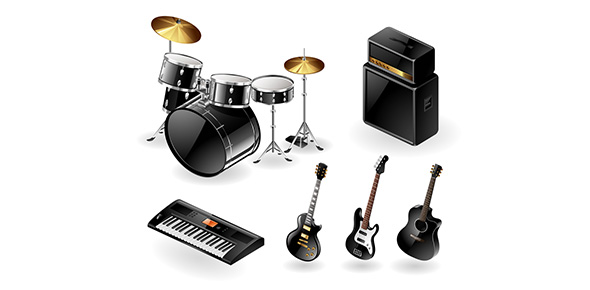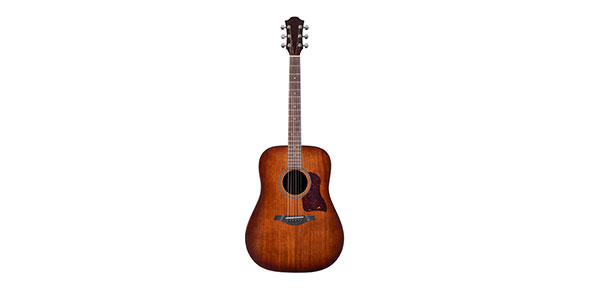Related Flashcards
Related Topics
Cards In This Set
| Front | Back |
|
Exoticism
|
Musical style in which rhythms, melodies, or instruments evoke the color and atmosphere of far-off lands.
|
|
Lied
|
German for “song”; most commonly associated with the solo art song of the nineteenth century, usually accompanied by piano.
|
|
Song Cycle
|
group of songs, usually Lieder, that are unified musically or through their texts.
|
|
Shubertiad
|
written by Schubert
|
|
Gesamtkunstwerk
|
German for “total artwork”; a term coined by Richard Wagner to describe the synthesis of all the arts (music, poetry, drama, visual spectacle) in his late operas.
|
|
Sprechstimme
|
A vocal style in which the melody is spoken at approximate pitches rather than sung on exact pitches; developed by Arnold Schoenberg.
|
|
Klanfarbenmelodie
|
Twentieth-century technique in which the notes of a melody are distributed among different instruments, giving a pointillistic texture.
|
|
Leitmotif
|
“Leading motive,” or basic recurring theme, representing a person, object, or idea commonly used in Wagner’s operas.
|
|
Nationalism
|
powerful symbolism behind the works
|
|
Atonality
|
Total abandonment of tonality (centering in a key). Atonal music moves from one level of dissonance to another, without areas of relaxation.
|
|
Tone Poem
|
: One movement orchestral form that develops a poetic idea, suggests a scene, or creates a mood. Generally associated with the Romantic era.
|
|
- Concert Overture
|
: not associated with an opera, a single-movement concert piece based on a literary idea
|
|
Program Symphony
|
multi-movement orchestral work
|
|
Incidental Music
|
an overture and series or pieces to be played between the acts of a play and during important scenes. Also applies to film music and background music in television today.
|
|
Polytonality
|
: The simultaneous use of two or more keys, common in twentieth-century music.
|





